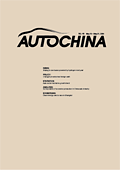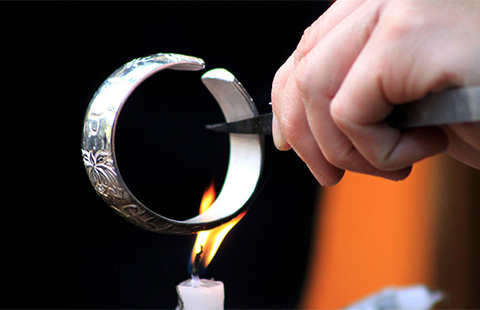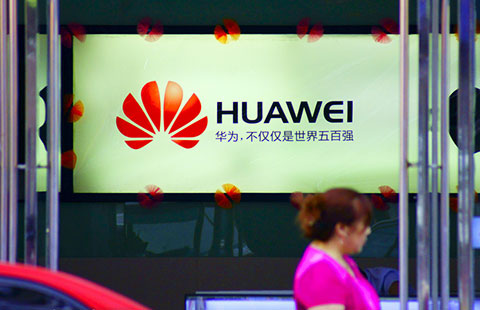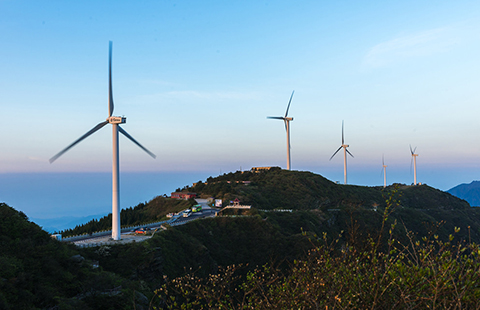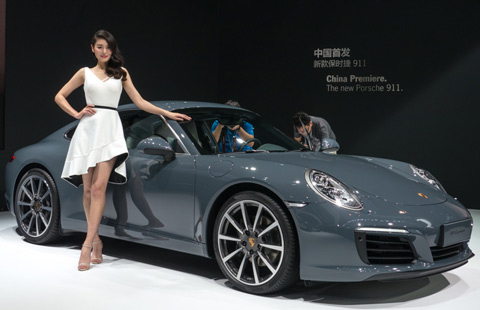Planned surge for electric vehicles
By Gong Zhengzheng (China Daily) Updated: 2012-07-17 10:46
|
|||
As the first step, the government expects the production and sales to reach 500,000 units by 2015.
The government wants manufacturers to have an annual production capacity of 2 million units for the energy-saving vehicles by 2020.
Carmakers will be required to have new-energy vehicle programs when they install new production capacity.
A range of foreign and domestic carmakers have announced to make new-energy vehicles in China in the years to come.
German luxury carmaker Audi plans to kick off commercial production of purely electric models in 2017 at its joint venture with its parent Volkswagen Group and China's FAW Corp. All of Audi's China-made models will have purely electric versions by 2020.
By promoting new-energy vehicles, the government hopes that the average fuel consumption of all passenger vehicles made in the year of 2015 will be reduced to 6.9 liters per 100 km and further to 5 liters per 100 km in 2020.
For energy-efficient passenger vehicles, the average fuel consumption target is less than 5.9 liter per 100km in 2015 and then further down to 4.5 liters in 2020.
The central government will continue to allocate funds to subsidize customers buying new-energy vehicles, the plan said.
In May, the government announced that it would offer 26.5 billion yuan in subsidies, mainly for energy-saving vehicles and household appliances.
The plan said the government will study preferential tax policies for manufacturers of energy-saving vehicles and related components.
Last year the sales volume of new energy cars hit 8,368 units, 8,159 of them purely electric cars.
For more subscription details of AutoChina, please visit our E-Shop.
- Yuan's SDR entry a milestone for China
- Chinese carrier launches direct flight to Cambodia's Sihanoukville
- Macao plans real-time gross settlement system with Shenzhen help
- SOEs face headwinds as 21% witness profits decline in Q3
- Colorful subway trains in China
- Business activity increases slightly in China's service sector
- China vows better copyright protection for music industry
- Ethiopia employees hail jobs, knowledge transfer from Chinese investment
